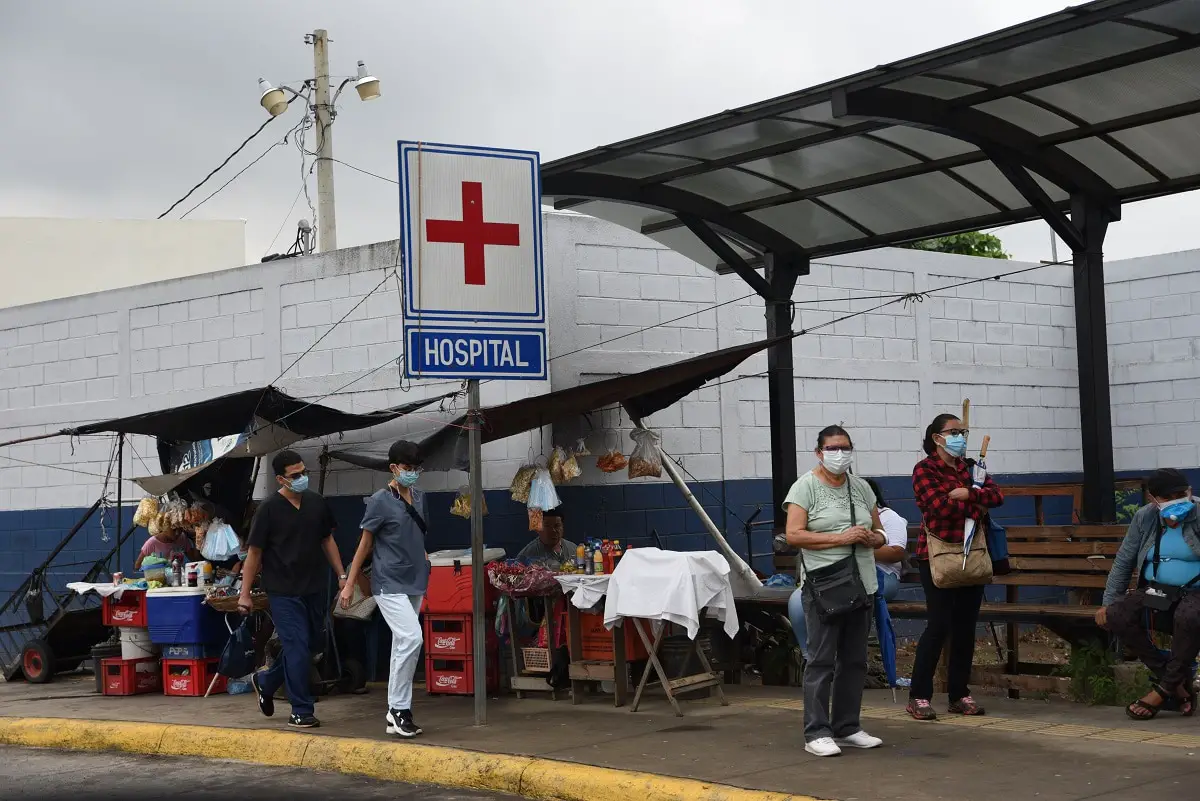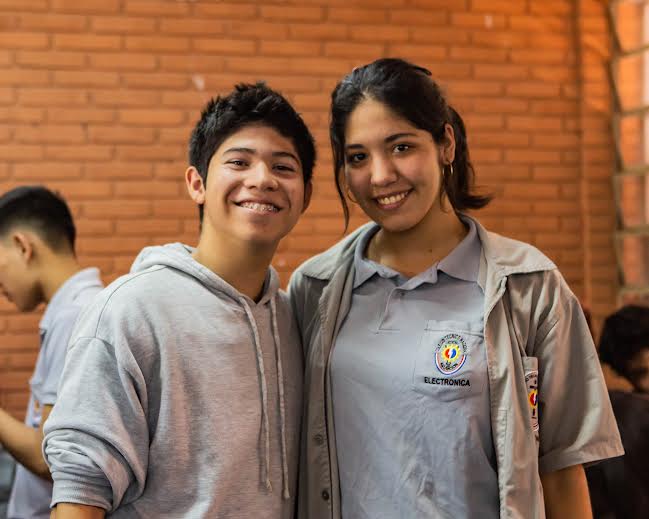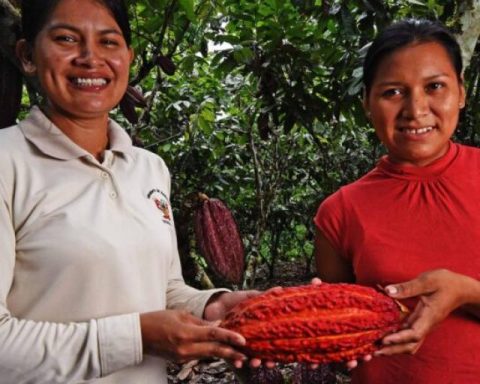The regime of Daniel Ortega and Rosario Murillo budgeted for this 2023 the construction and equipment of six modular or prefabricated hospitals, intended for the care of patients with covid-19, reveals the General Budget of the Republic for this year. The execution of this project will occur two years after its announcement, in March 2021.
In total, the State has budgeted 431.5 million córdobas for the construction of the six pre-industrialized and pre-designed steel hospitals, which will be built inside the Alemán Nicaraguense and Manolo Morales hospitals, in Managua; Cesar Amador Molina, in Matagalpa; Humberto Alvarado, in Masaya; Regional La Asunción, in Juigalpa; and San Juan de Dios, in Estelí.
The centers will be built with a loan of 114.6 million dollars, approved by the Central American Bank for Economic Integration (CABEI) for the six hospitals, plus an outpatient cancer room at the Bertha Calderón Hospital and the equipment for a molecular biology laboratory at the San Juan de Dios Hospital in Estelí.
The loan was approved in March 2021 and ratified in June of that same year, during a visit to Nicaragua by the head of the bank, Dante Mossi. The credit was divided into two parts, section A with an amount of 18.5 million dollars and section B for 66.5 million dollars, which were approved by the National Assembly that year. However, the construction of these modular hospitals did not prosper.
In 2023, the fourth year of the pandemic, the covid-19 infections continue, but they are milder and no longer cause saturation in hospitals as it did in 2020 and 2021, according to medical sources. The World Health Organization (WHO) has even considered removing covid-19 from the degree of “international public health emergency”, which it maintains since January 30, 2020.
“When you have an emergency project, the construction must be as fast as possible. While you put up hospital tents and equip them, you gradually use the new construction,” says epidemiologist Leonel Argüello, who is in exile.
The specialist explains that, if the emergency is over, “normally” these projects are modified, and if not built and used for “another need, always having it ready for emergencies”.
Add that “aWell now, the infrastructure is of no use if the staff has not been trained before”.
Hospitals would increase the number of hospital beds
It was expected that with the construction of these prefabricated hospitals, 378 beds and their respective equipment would be added to the country. Meanwhile, the oncology outpatient room will add 30 beds.
At the end of December 2022, the Ministry of Health (Minsa) announced the construction of the outpatient area that will have five cancer care offices, two procedures, and an endoscopy area. This will be ready in September of this year.
In the General Budget of the Republic of 2023, it is detailed that, for this construction, 31 million córdobas will be allocated. However, in the press releases they indicate that the investment in this area amounts to 2.8 million dollars (100.5 million córdobas at current exchange rates).
The budget for the construction and equipment of the covid-19 modular hospitals will be divided as follows:
- German Nicaraguan Hospital of Managua will receive C$105,965,828
- Manolo Morales Hospital in Managua will receive C$32,085,194
- César Amador Molina Hospital in Matagalpa will receive C$490 490 920
- Hospital Humberto Alvarado will receive C$80,382,070
- Hospital San Juan de Dios will receive C$60,743,938
Dr. Argüello believes that in this type of project “transparency must always be taken care of because construction projects are where it is easiest to steal and remain hidden.”
At the end of July 2021, it was learned —through the Silais-Managua website— that the construction and equipment of the modular hospitals would be in charge of the Indian company Cosmos International Private Limited. This same company will be the one that will build the oncology outpatient area, as revealed by the Minsa in December 2022.
In handling the pandemic, the regime of Daniel Ortega and Rosario Murillo has been characterized by opacity. It has acquired transparency commitments that it has not fully complied with or have only partially met. At the end of November 2022, it was due to publish an external audit report on the use of funds allocated to covid-19 care, but it has not yet done so.


















